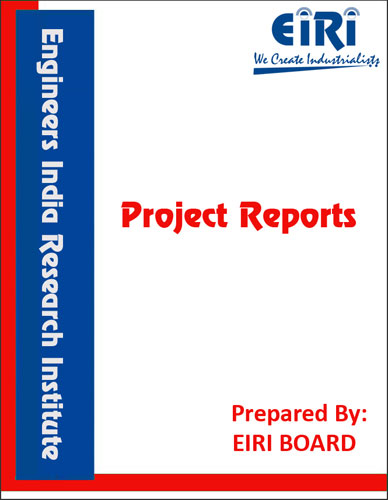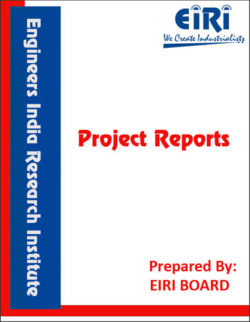DI CALCIUM PHOSPHATE (ANIMAL FEED GRADE) FROM HYDROCHLORIC ACID ROUTE
The project report includes Present Market Position and Expected Future Demand, Market Size, Statistics, Trends, SWOT Analysis and Forecasts. Report provides a comprehensive analysis from industry covering detailed reporting and evaluates the position of the industry by providing insights to the SWOT analysis of the industry.
We can prepare PROJECT REPORT as per your INVESTMENT PLAN for BANK LOAN REQUIREMENT and INDUSTRY ANALYSIS. All reports are prepared by highly qualified consultants and verified by a panel of experts.
Have Query? Click Here to Chat
Industry Expert is Online, Chat with him for more detail.

Rock phosphate is the source from which dicalcium phosphate can be manufactured. It finds applicability as a fertilizer and animal feed. The phosphours pentoxide content ranges around 41-42% in the dihydrate form. The trade mark for a dentrifice grade dicalcium phosphate dihydrate is captioned as “Dicalcium phosphate victor”. It is CaHPO4.2H2O plus additive. FCC grade, Which is used as polishing agent in dentrifices.
In the shallow, medium and deep-black soils having the carbonate content from 3 to 6%, the available phosphorous was highest at 60 days when superphosphate was applied, whereas in the alluvial soil containing 1% carbonate, the highest available phosphorous was observed at 60 days when the fertilizer applied was dicalcium phosphate.
Dicalcium phosphate proved as effective as superphosphate on alluvial, coastal alluvial, red and laterite soils, but was inferior on medium-black and deltaic saline soils.
• INTRODUCTION
• B.I.S. SPECIFICATION
• USES
• MARKET SURVEY
• MANUFACTURERS/SUPPLIERS OF FLOOR SPRING
• MANUFACTURING PROCESS
• PROCESS FLOW CHART
• FACTORY DETAILS
• QUALITY CONTROL
• SPEFICATION OF FLOOR SPRING
• FITTING INSTRUCTIONS
• PLANT LAYOUT
• SUPPLIERS OF PLANT AND MACHINERY
• SUPPLIERS OF RAW MATERIASLS
APPENDIX – A :
1. COST OF PLANT ECONOMICS
2. LAND & BUILDING
3. PLANT AND MACHINERY
4. FIXED CAPITAL INVESTMENT
5. RAW MATERIAL
6. SALARY AND WAGES
7. UTILITIES AND OVERHEADS
8. TOTAL WORKING CAPITAL
9. COST OF PRODUCTION
10. PROFITABILITY ANALYSIS
11. BREAK EVEN POINT
12. RESOURCES OF FINANCE
13. INTEREST CHART
14. DEPRECIATION CHART
15. CASH FLOW STATEMENT
16. PROJECTED BALANCE SHEET



